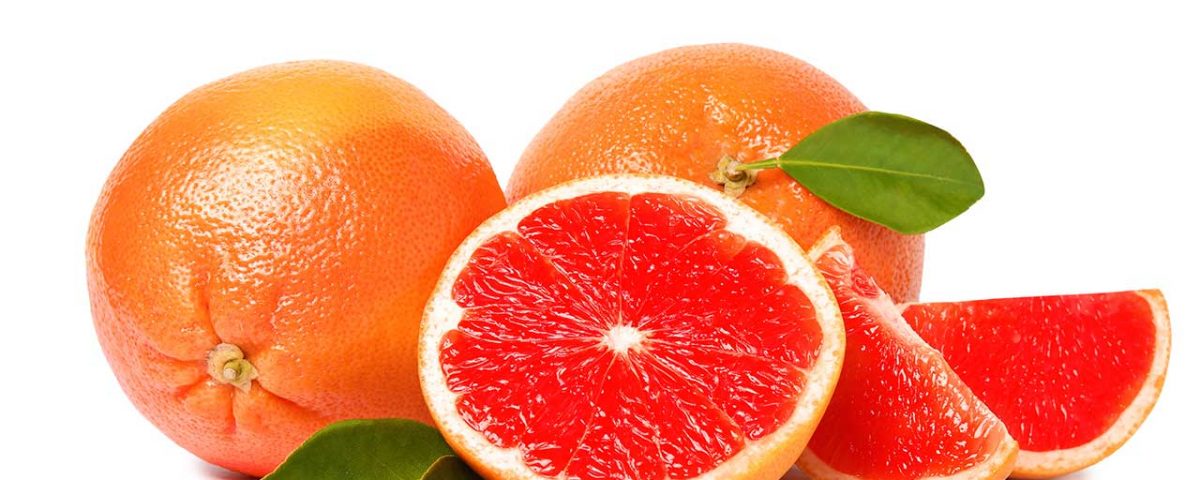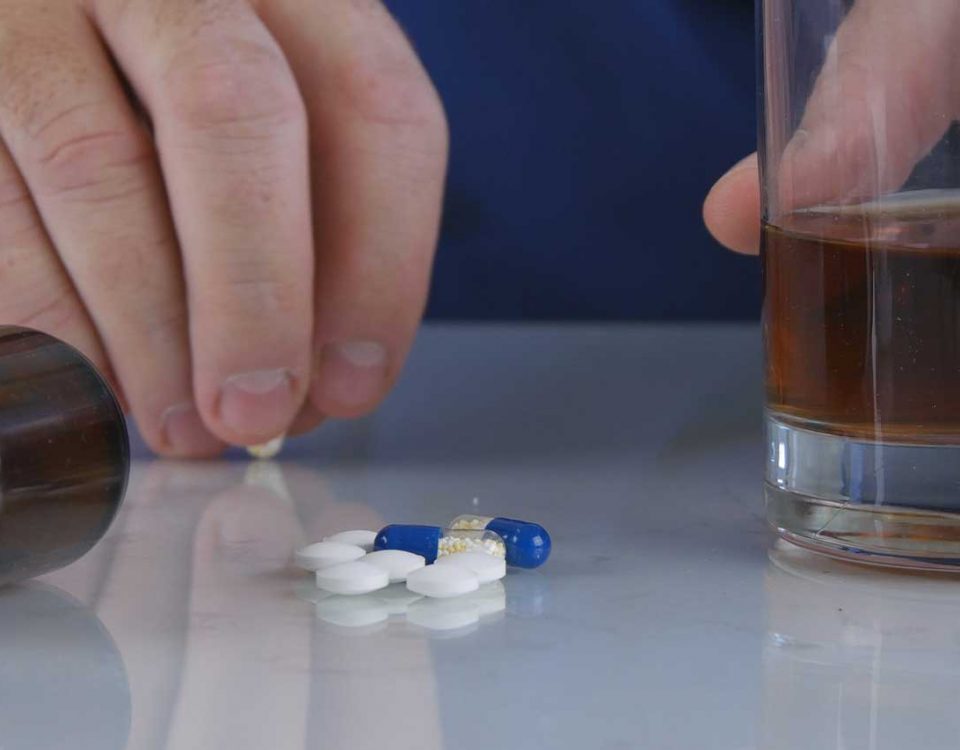Oxycodone and Grapefruit: A Toxic Relationship
Opioids are painkillers that are often used to treat pain. The most commonly prescribed opioids include hydrocodone, morphine, and oxycodone. All opioids are strong and highly addictive, which is why they should only be taken if and as prescribed. If you’ve ever been prescribed a medication like oxycodone, then your doctor may have advised you not to drink or eat grapefruit. Ever wondered why? Keep reading to learn more about the toxic relationship between oxycodone and grapefruit.
What Is Drug Potentiation?
In the medical field, drug potentiation refers to increasing the potency or effectiveness of a drug or other treatment. When you potentiate a drug, such as oxycodone, you’re combining it with another substance to make it stronger.
Potentiation is also commonly referred to as drug interactions, in which two or more combined substances produce a harmful interaction. Prescribing doctors often warn their patients to avoid taking certain substances with their medications, such as mixing your benzodiazepines with alcohol, to avoid potentiation or drug interaction.
Many people who abuse drugs and alcohol may potentiate these substances on purpose to experience a stronger high. Unfortunately, the most common result of drug potentiation is toxicity and overdose, as well as death.
Does Grapefruit Juice Potentiate Opiates?
If you’ve ever been prescribed opiates like oxycodone, then your doctor probably told you to stay away from grapefruit. But why?
You should avoid mixing oxy and grapefruit juice because grapefruit potentiates oxycodone, as well as other opiates. Grapefruit enhances the side effects of oxycodone and increases its concentration in the body.
In many cases, this process can be extremely harmful. One study on the effects of grapefruit juice and opiates found that grapefruit increased oxycodone concentration time in the body, including its peak concentration in the blood and its half-life.1
In such cases, more of the drug passed from the digestive system into the bloodstream, causing an overdose. When drugs like oxycodone flood the bloodstream, side effects like respiratory failure, bleeding, and death can occur.
What Happens When You Mix Grapefruit Juice and Oxycodone?
When you mix grapefruit juice and oxycodone, grapefruit juice inhibits CYP3A4, decreases the formation of noroxycodone and noroxymorphone, and increases the formation of oxymorphone. CYP3A4 is an important enzyme in the body that’s mainly found in the liver. It oxidizes or breakdowns small foreign organic molecules – such as drugs or toxins – so they can be removed from the body.1
Noroxycodone, noroxymorphone, and oxymorphone are metabolites of oxycodone. When oxycodone and grapefruit are combined, the fruit interferes with the elimination process, increasing the effects of oxycodone and its concentration in the body. Side effects of this combo include respiratory depression, sedation, dizziness, overdose, and death.
Other Oxycodone Potentiators
Other oxycodone potentiators include antihistamines and over-the-counter medications like phenyltoloxamine citrate, doxylamine succinate (the active ingredient in NyQuil), some sleeping pills, Dimetapp, and Dramamine II. Taking antihistamines and opiates together can increase respiratory depression and thick bronchial secretions, making breathing more difficult.
Phenyltoloxamine citrate can be purchased over the counter and is often combined with opioids like hydrocodone, codeine, dihydrocodeine, or oxycodone. Doxylamine succinate, the active ingredient in NyQuil, are also sometimes taken with opioids, and Dimetapp (a type of cough and cold medicine) is known for increasing the high caused by opiates and illicit drugs.
Dramamine II can reduce nausea caused by opioids while enhancing desired effects like euphoria. Valerian has been used to manage insomnia produced by opiates, while St. John’s wort increases opioids stimulating side effects. Overall, additional opioid or oxycodone potentiators include:
- Alcohol
- Orphenadrine citrate
- Cyclobenzaprine
- Diazepam
- Dramamine II
- Valerian
- John’s wort (Hypericum perforatum)
- NyQuil
- Barbiturates
- Benzodiazepines
- Alkaloids
- Benadryl
- Dimetapp
- Chlorpheniramine and codeine
Mixing opioids with potentiators or other drugs or alcohol increases your likelihood of overdose and death. Chronic opioid abuse can also lead to addiction, which can have an impact on one’s physical and mental health as well as relationships, social life, and career.
If you’ve been prescribed an opioid medication, be sure to speak to your doctor about possible drug interactions and potentiators to stay away from. If someone you know mixes their opioids with other substances, they may have an addiction. If so, seek professional opiate addiction treatment immediately.
Need Help for Opioid Addiction?
Opioids, while effective for pain treatment, are highly addictive, especially when misused or combined with other substances. Long-term opioid abuse can lead to life-changing repercussions, such as brain damage, increased risk of overdose, mental illness, broken relationships, unemployment, and more.
Fortunately, this condition is curable. Banyan Treatment Centers offers nationwide drug and alcohol treatment programs, including opioid-related rehab programs, to help people with substance use disorders achieve sobriety.
No matter how long you or a loved one has struggled with addiction, one of our Banyan rehab locations can offer the assistance needed for long-term sobriety. From medically monitored detox to unique therapy programs, the specialists at our rehab facilities are here for you every step of the way.
Call Banyan today at 888-280-4763 to learn how to get started.
Related Reading:
Difference Between Oxycodone and Hydrocodone
How Long Does Oxycodone Stay in Your System?
Source:




















